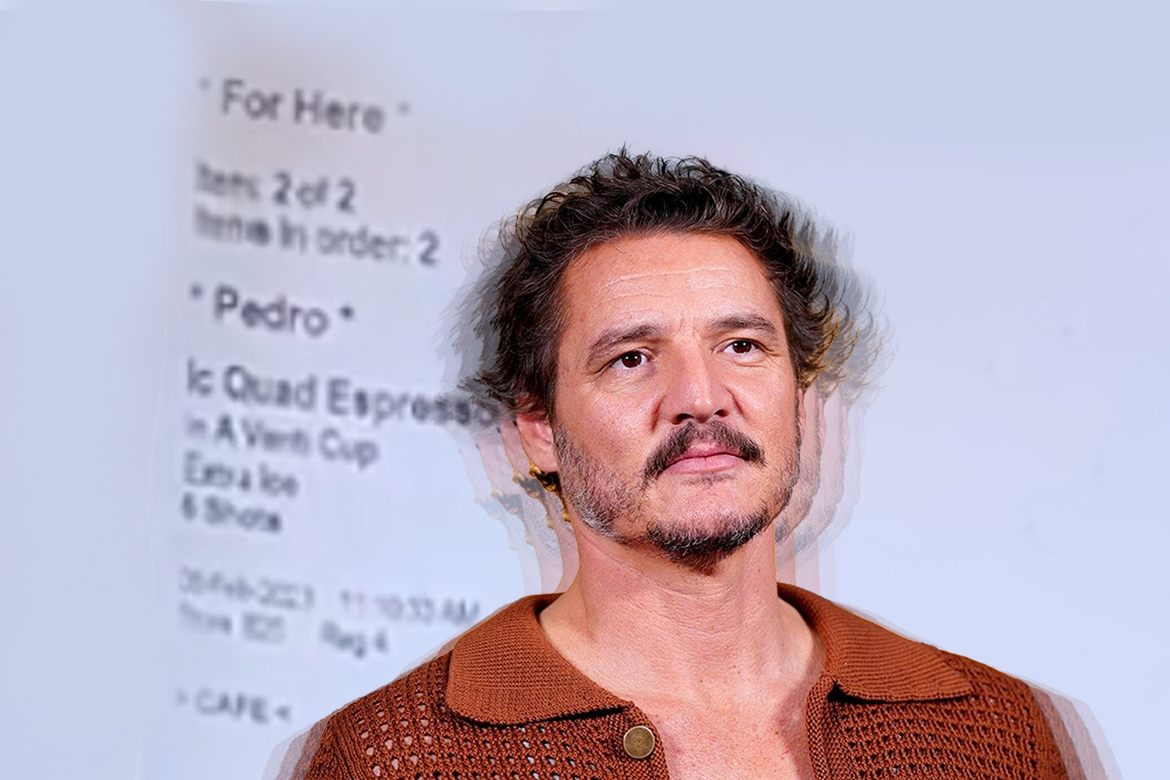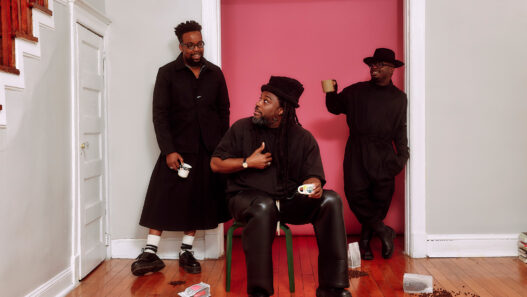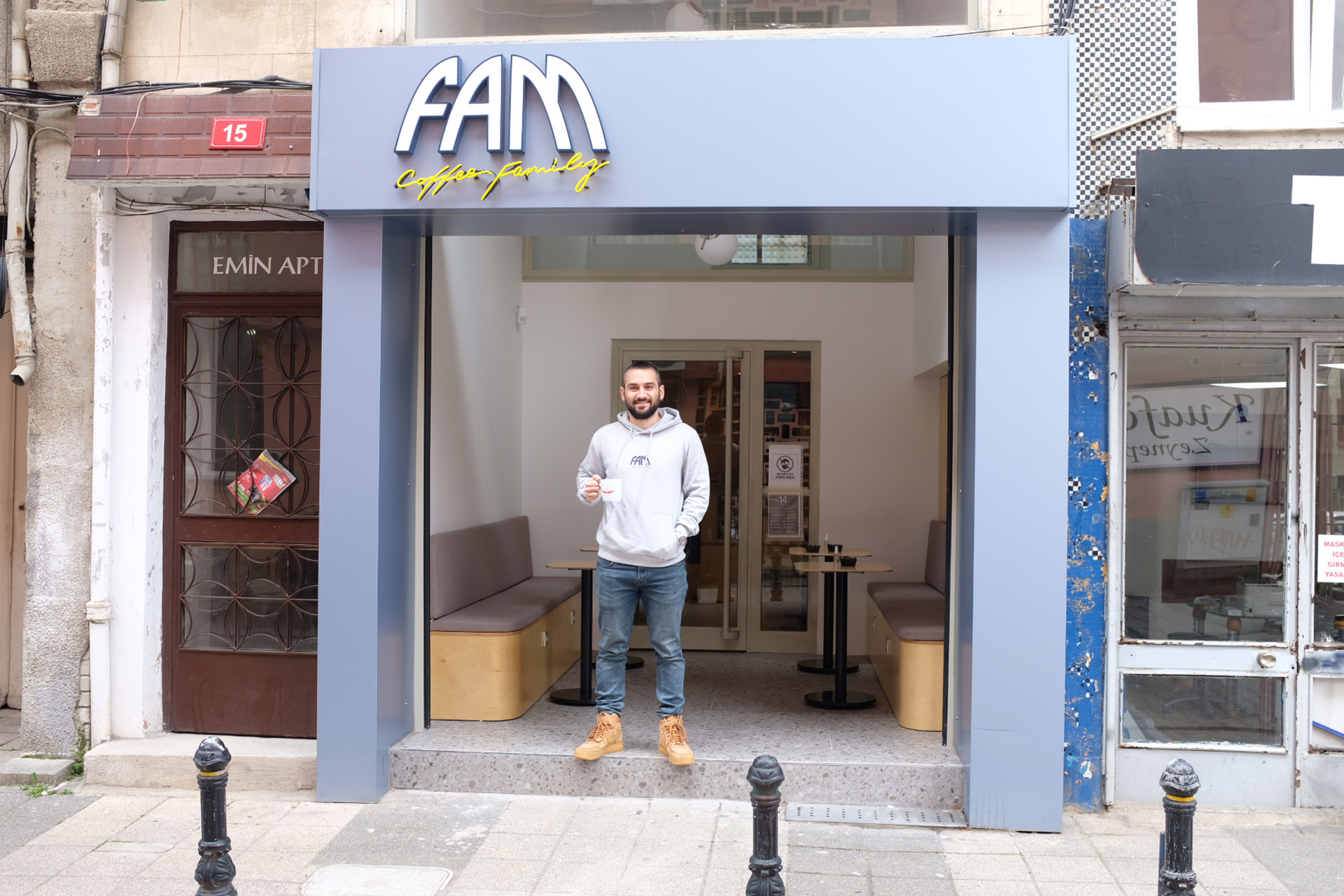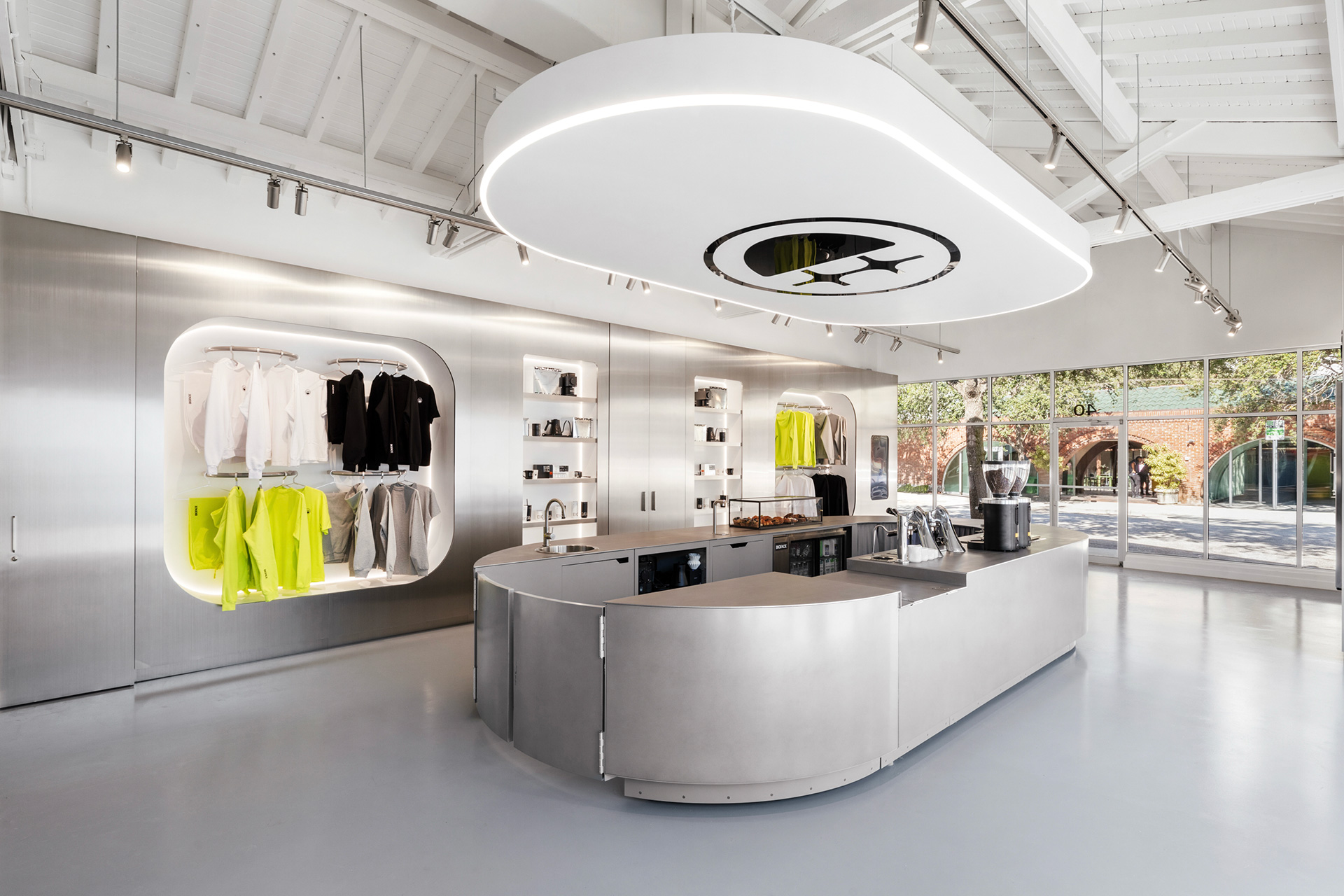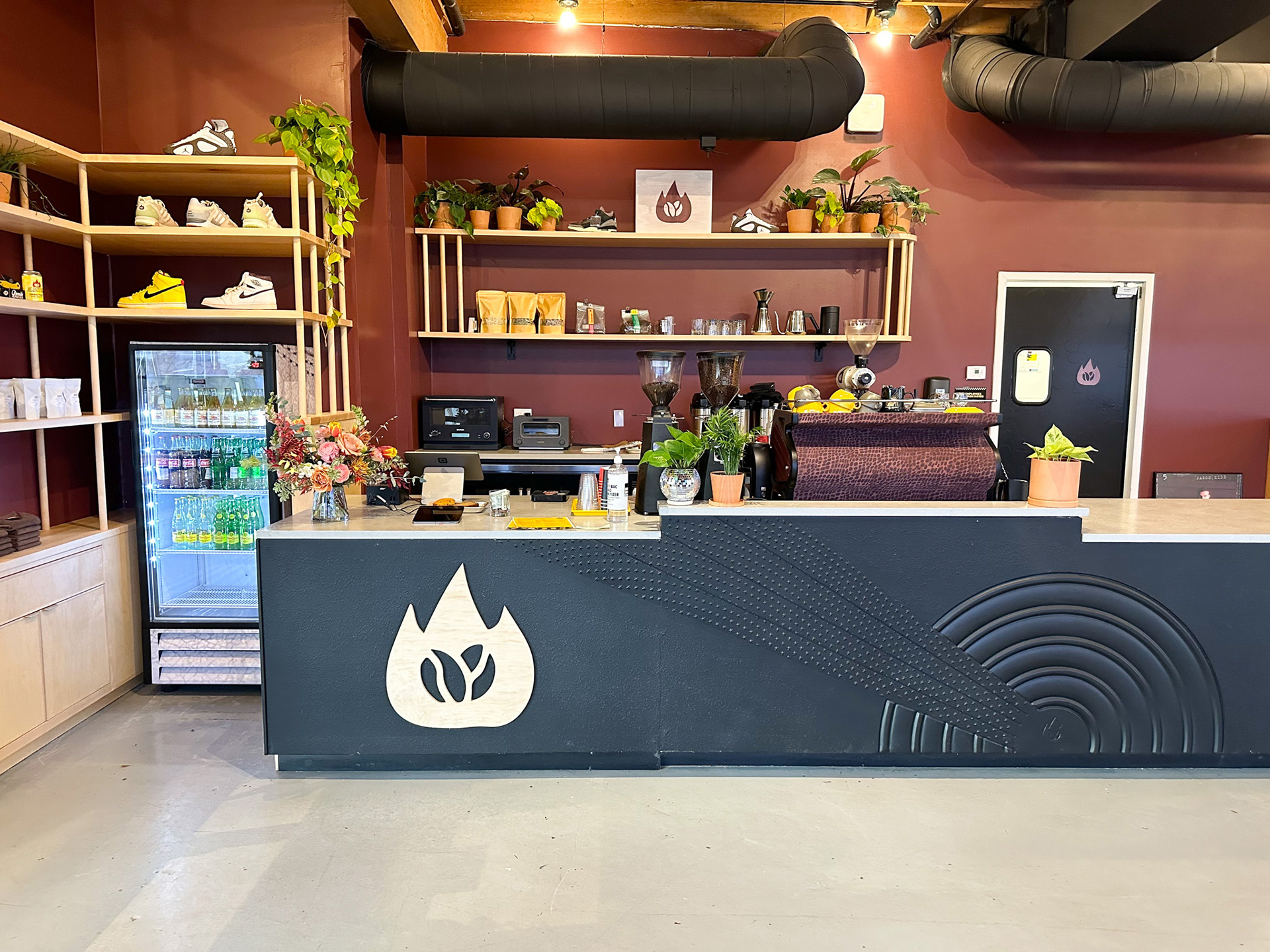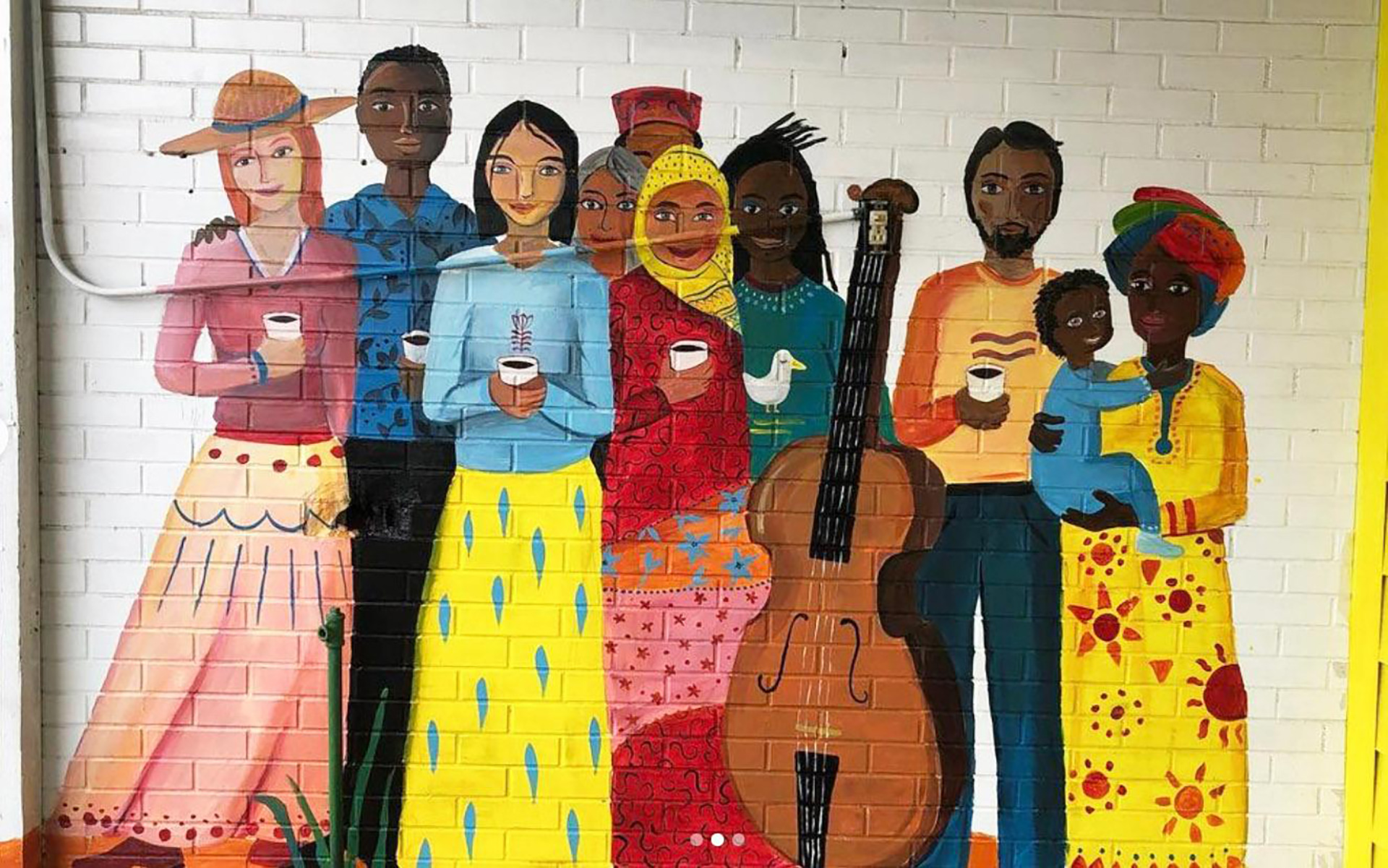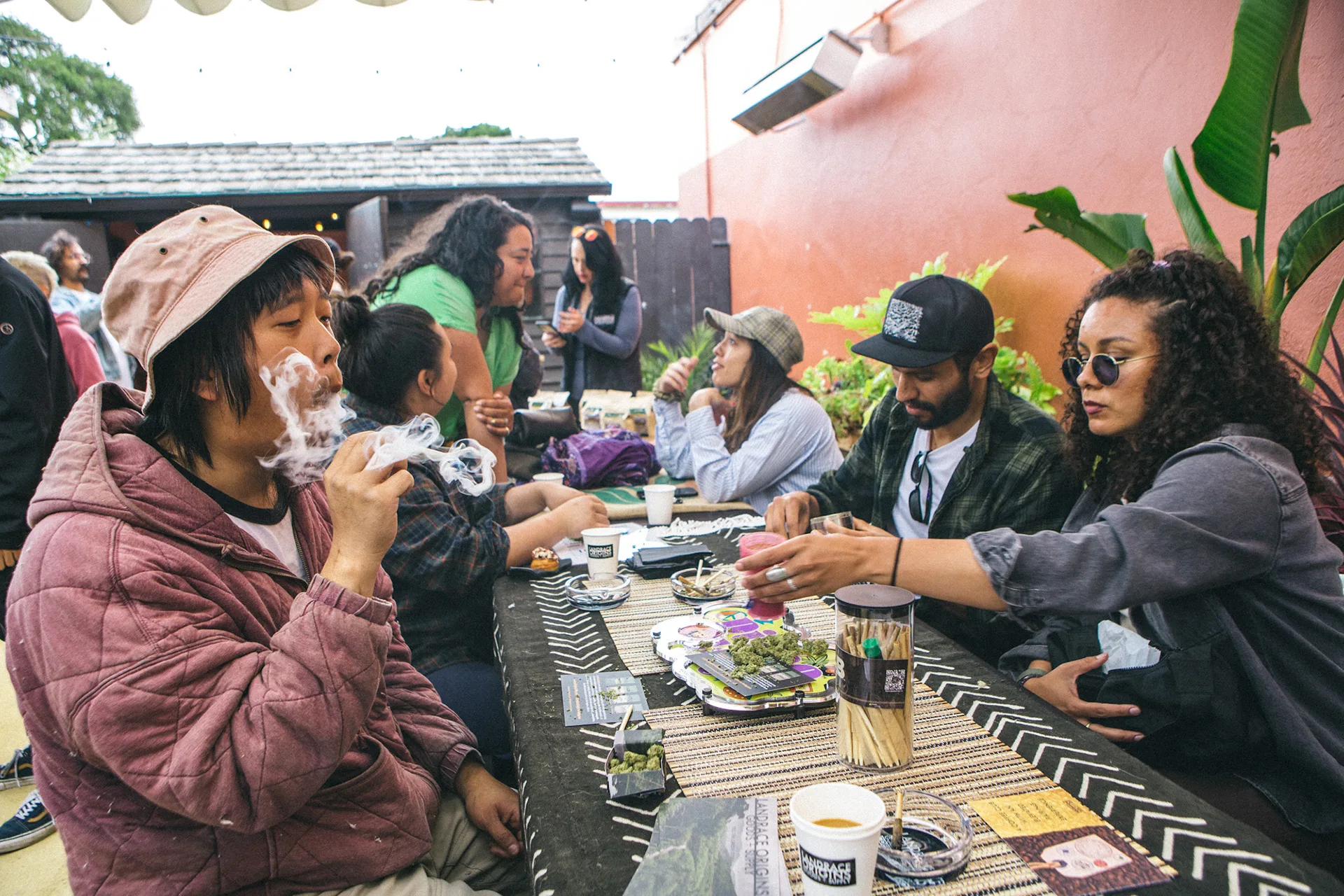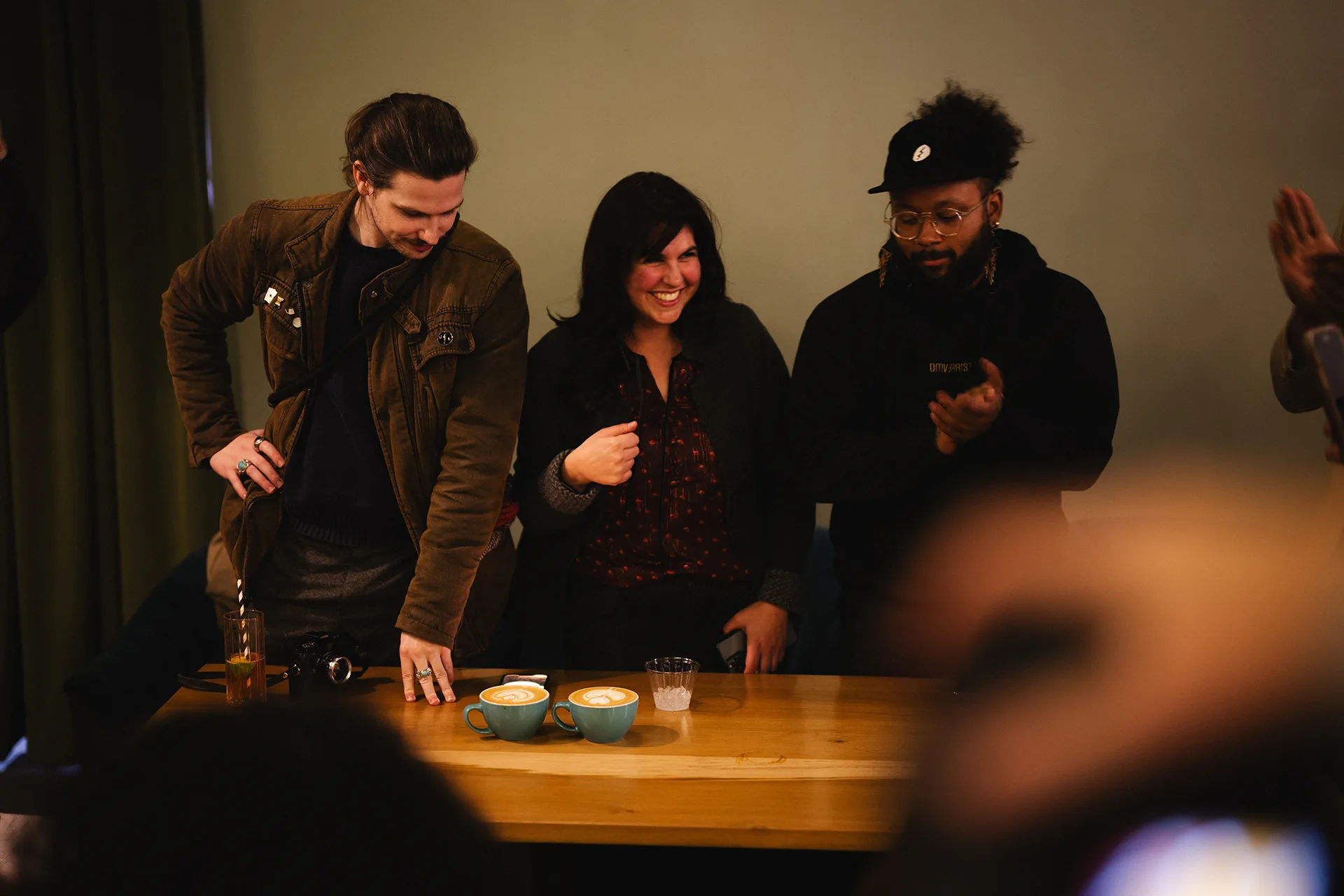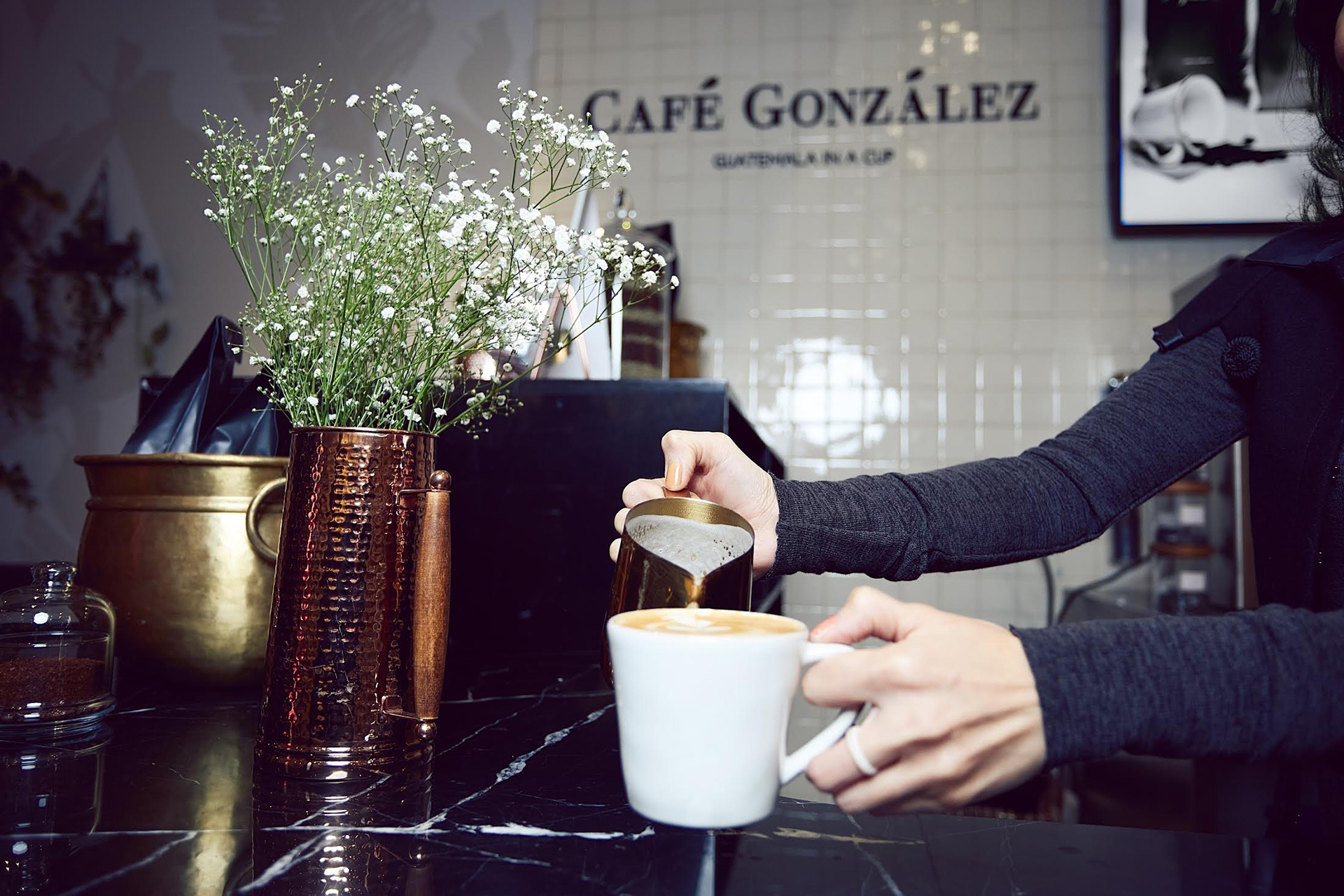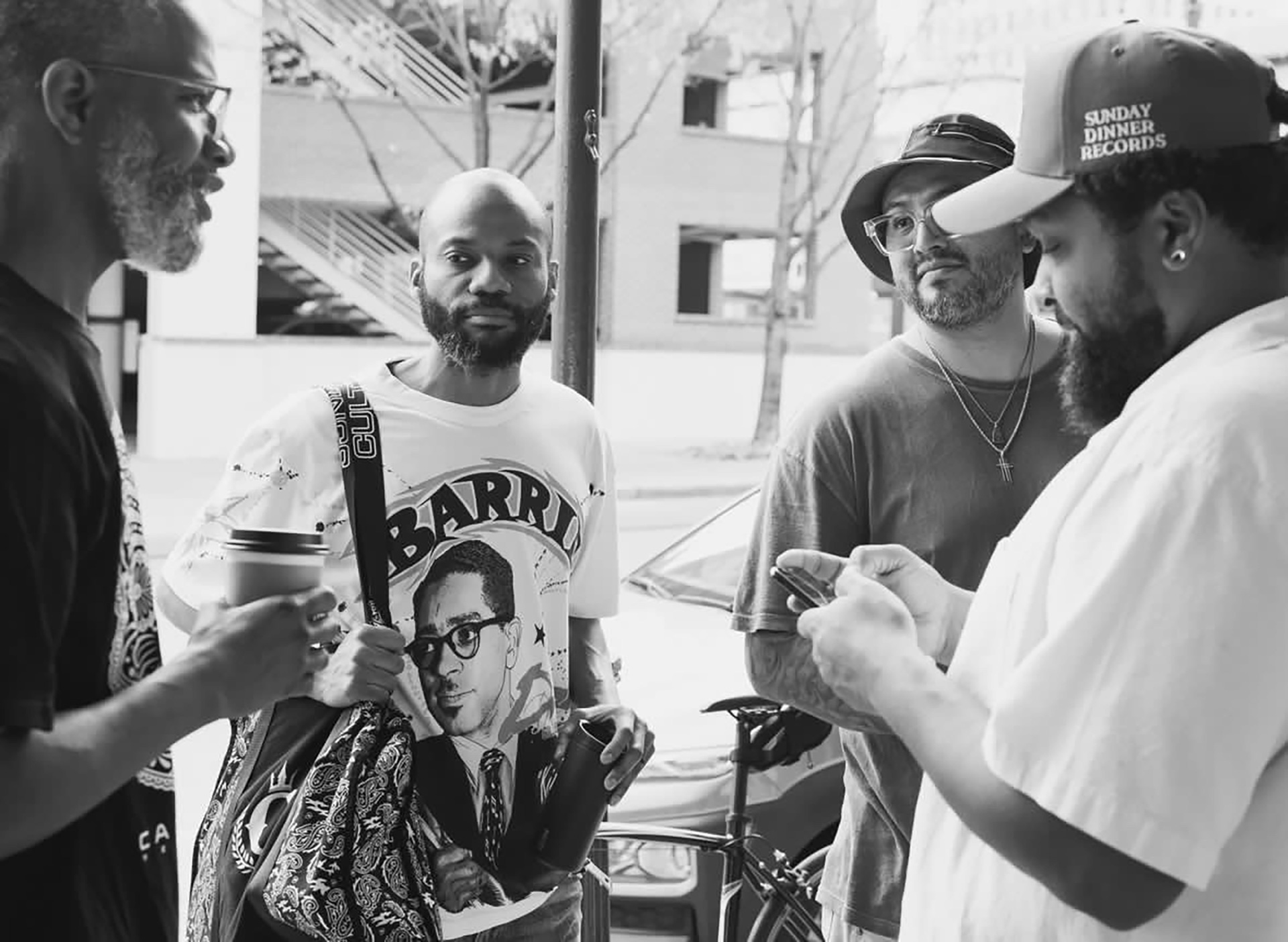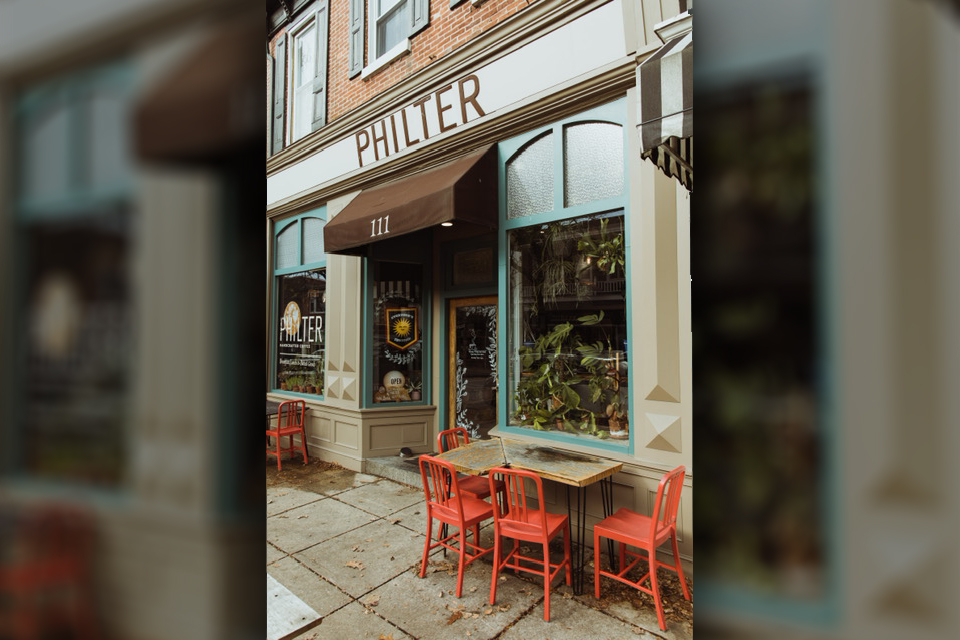As an American in Turkey, it’s hard not to see similarities between Istanbul’s Kadıköy district and Brooklyn. Both municipalities lie due east of their larger metropole’s historic city center. Both are separated by a body of water—Istanbul’s Bosphorus Strait to New York’s East River. And both are, well—cool.
The comparison, of course, is extremely anachronistic. Kadıköy was founded as the city of Chalcedon in 685 BCE. As the modern city of Istanbul spilled out of the walls of Constantinople and engulfed the surrounding areas, ancient Chalcedon became one of the 31 municipalities that made up the greater metropolitan area. Today, Kadıköy serves as the main transit and cultural hub for Istanbul’s Anatolian side. The district has long been popular with Istanbul’s artists, minorities, and expatriates. Perhaps it shouldn’t be surprising that Kadıköy is now home to a staggering concentration of specialty coffee shops, too.
With their quaint letter-board menus, decorative plants, and marble countertops, the cafes of Kadıköy are very much in line with the cultural zeitgeist. But one of Kadıköy’s newest coffee shops is striving to break from the mold and offer a different sort of coffee experience.
“I don’t want to call my guest ‘guests,’ I want to call them family,” insists Nisan Ağca, founder of the emphatically named Fam Coffee Family.
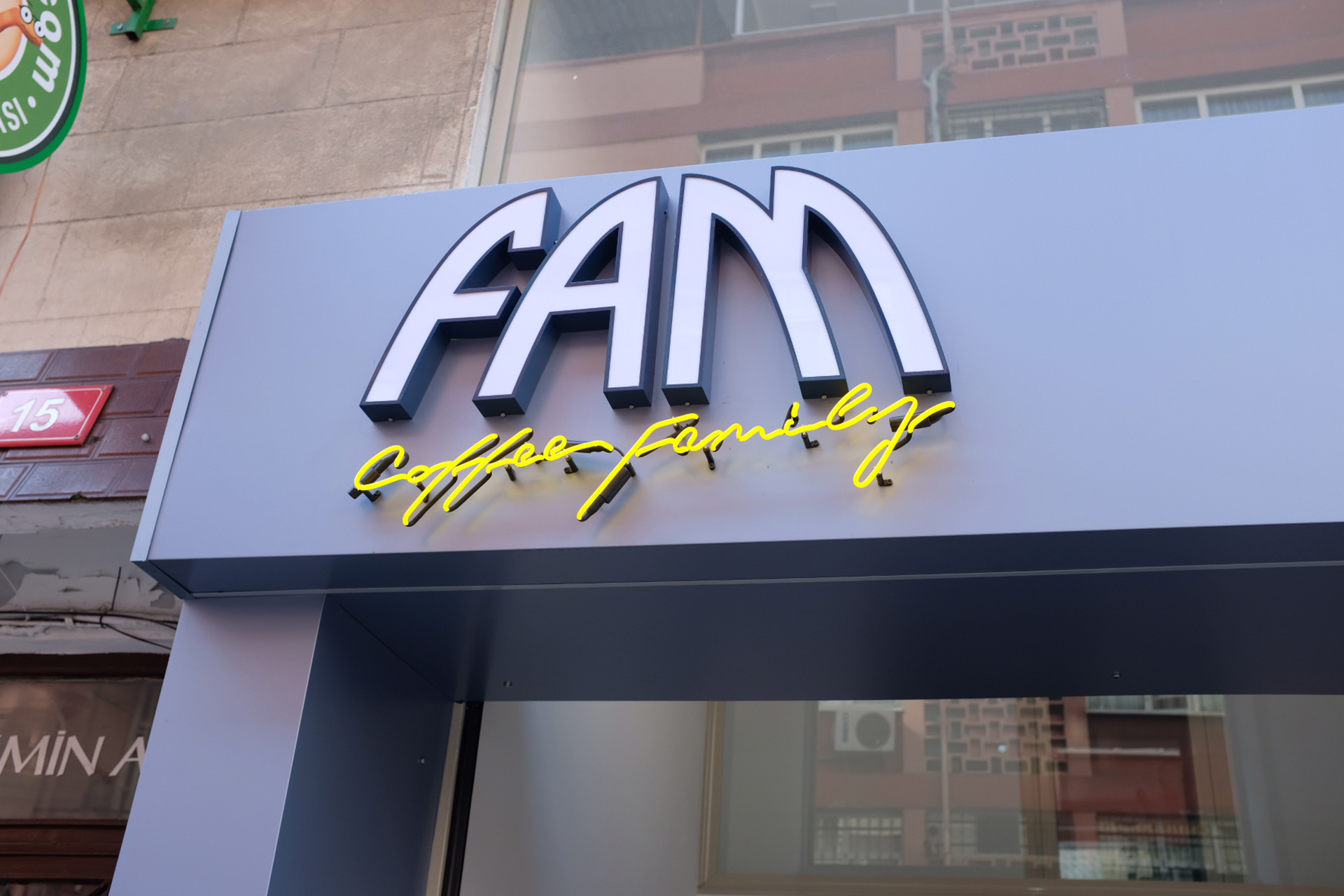
It’s is the first cafe venture from the three-time Turkish Barista Champion, the culmination of a rather unlikely journey into coffee retail for the software-engineer-turned-coffee-consultant.
“I had this idea to have a small place, not a normal coffee shop—more like an experiential tasting room,” says Ağca. “I wanted to evoke some emotions.”
Ağca’s philosophy is reflected in the layout of the shop and the furnishings. Most notably, Fam eschews typical cafe seating for a softer approach.
“We don’t have any chairs,” says Ağca, “You don’t sit on chairs at home. You sit on a sofa.”
Also missing is one of the main fixtures of most coffee shops: the bar. Instead, customers at Fam find themselves in the thick of things. Without a physical barrier between the baristas and guests, the intimacy is disarming.
“We have an open bar. We want to work in a transparent way. If something goes wrong, they can see.” Ağca says.
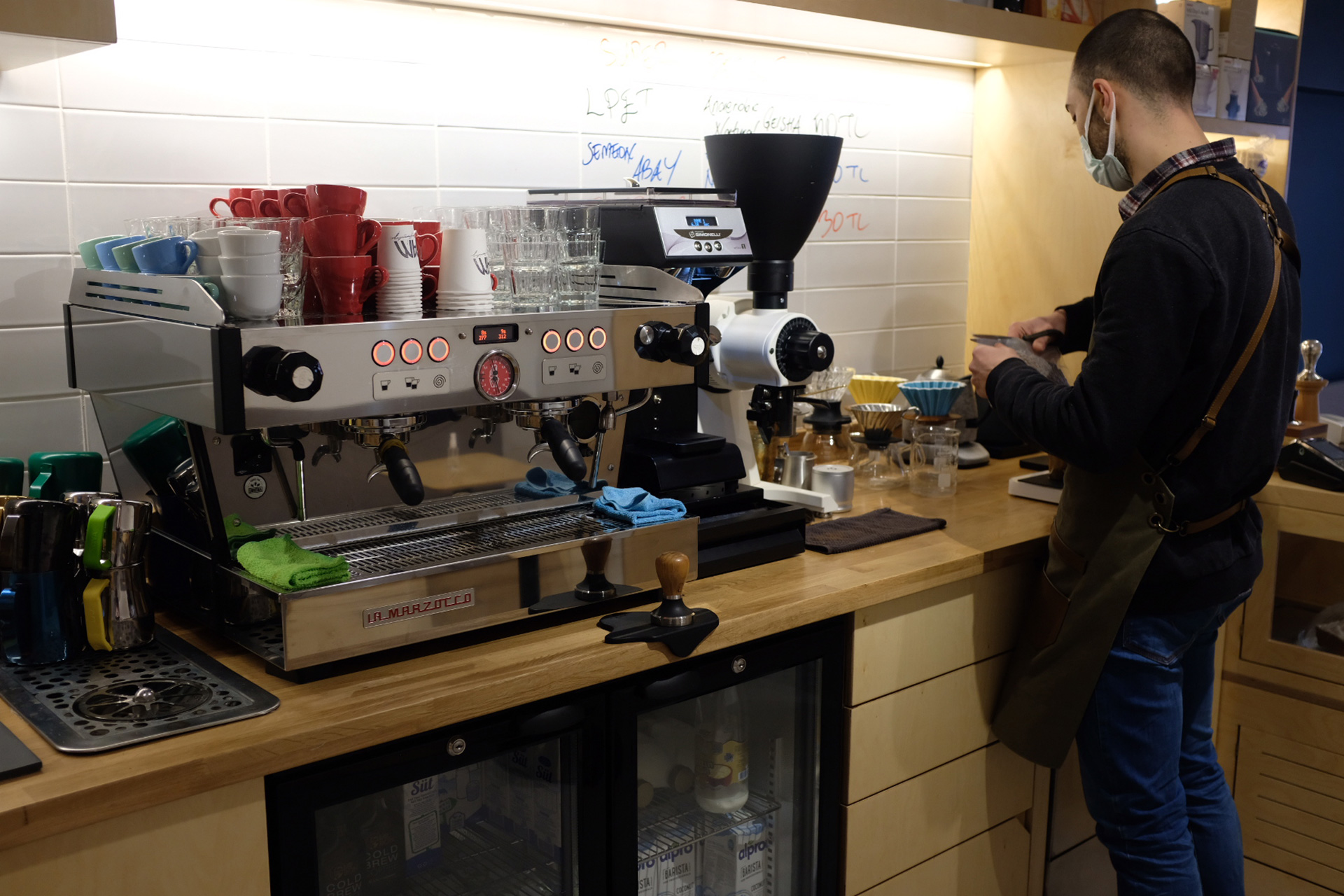
The menu at Fam is unapologetically focused on serving unique, high-scoring microlots, brewed by the cup with a variety of manual brew methods. When I visit, that includes an anaerobic Gesha from La Palma & El Tucán in Colombia and a washed Gesha from Janson Coffee Farm in Panama, brewed with a Hario V60 with an immersion switch attachment.
If these sound like coffees one might encounter in a barista competition, they exemplify Ağca’s unorthodox journey into specialty coffee retail—a journey that started when Ağca, unimpressed with local supermarket brands, turned to the internet to learn more about coffee.
“I thought it should taste better,” says Ağca. “I found alt.coffee and coffeed.com and saw the term ‘specialty coffee’ and I became more interested.”
An online order from England’s Hasbean Coffee—preground for French press—was enough to turn Ağca’s curiosity into an obsession.
“I was working [at] a startup. All of the money I got, I was spending on coffee equipment,” he says.
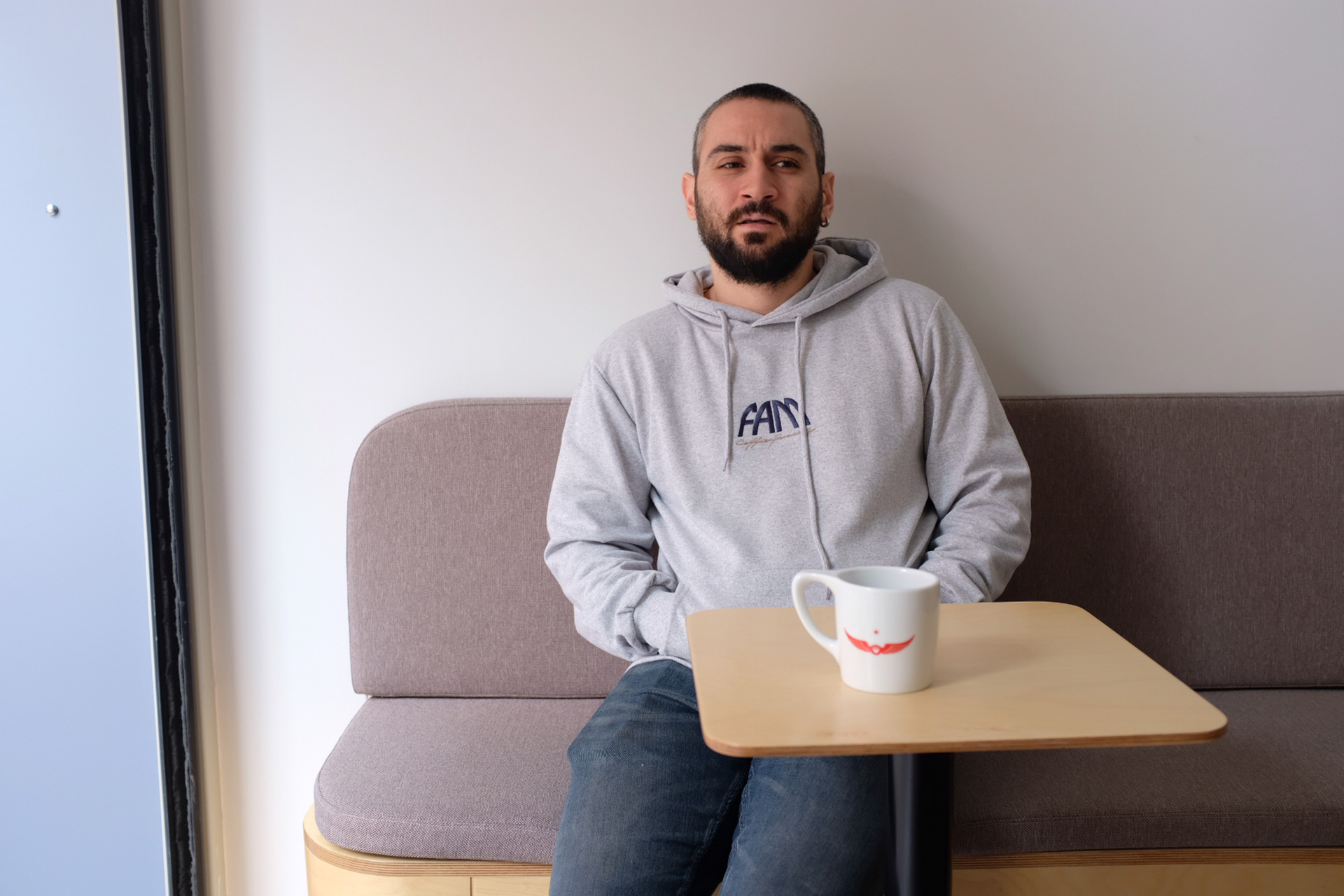
In 2014, a friend told Ağca about the Turkish Barista Championship. Ağca attended the competition
as a spectator, but left confident that he could win if he competed. Despite having no professional barista experience, Ağca entered the 2015 Turkish championship and came in second. The finish only served to fuel a competitive spirit.
Ağca returned to the 2016 competition, and this time won, earning the right to represent Turkey at the World Barista Championship in Dublin. Ağca prepared for the word championship with the same confidence and tenacity, but realized it was a different ball game when he arrived in Ireland and saw that other competitors had entire support teams. He placed 37th out of 61 competitors that year.
“I was devastated after the competition. Like everyone, I had high hopes, “ says Ağca. But the disappointment didn’t dampen Ağca’s drive. He would go on to win the Turkish championship again in 2017 and 2019, separated by a second-place finish in 2018. At the 2019 WBC in Boston, Ağca would take 17th place, narrowly missing the cutoff for semi-finals. By far, it was the highest ranking earned by a Turkish Barista Champion yet.
Ağca was then able to leverage his competitive success to pursue a new career. He quit his job and started his own coffee consulting business, and eventually landed a gig serving coffee at a trade show. The client told him to expect around 300 people per day. He ended up serving more than 1,000 cups that day, and left the trade show with dozens of new contacts. Soon, Ağca was doing coffee events around the world, traveling as far afield as Russia, Croatia, India, and El Salvador. “One job created another and then another,” he says.
Even though Ağca enjoyed the nearly constant travel, over time he began to want to put down roots. Each trip gave him the opportunity to encounter different coffee cultures. The influences can be seen in the small details at Fam. The open bar layout was modeled on the original Coffee Collective in Copenhagen. Writing the daily specials directly on the walls was inspired by Friedhats in Amsterdam.
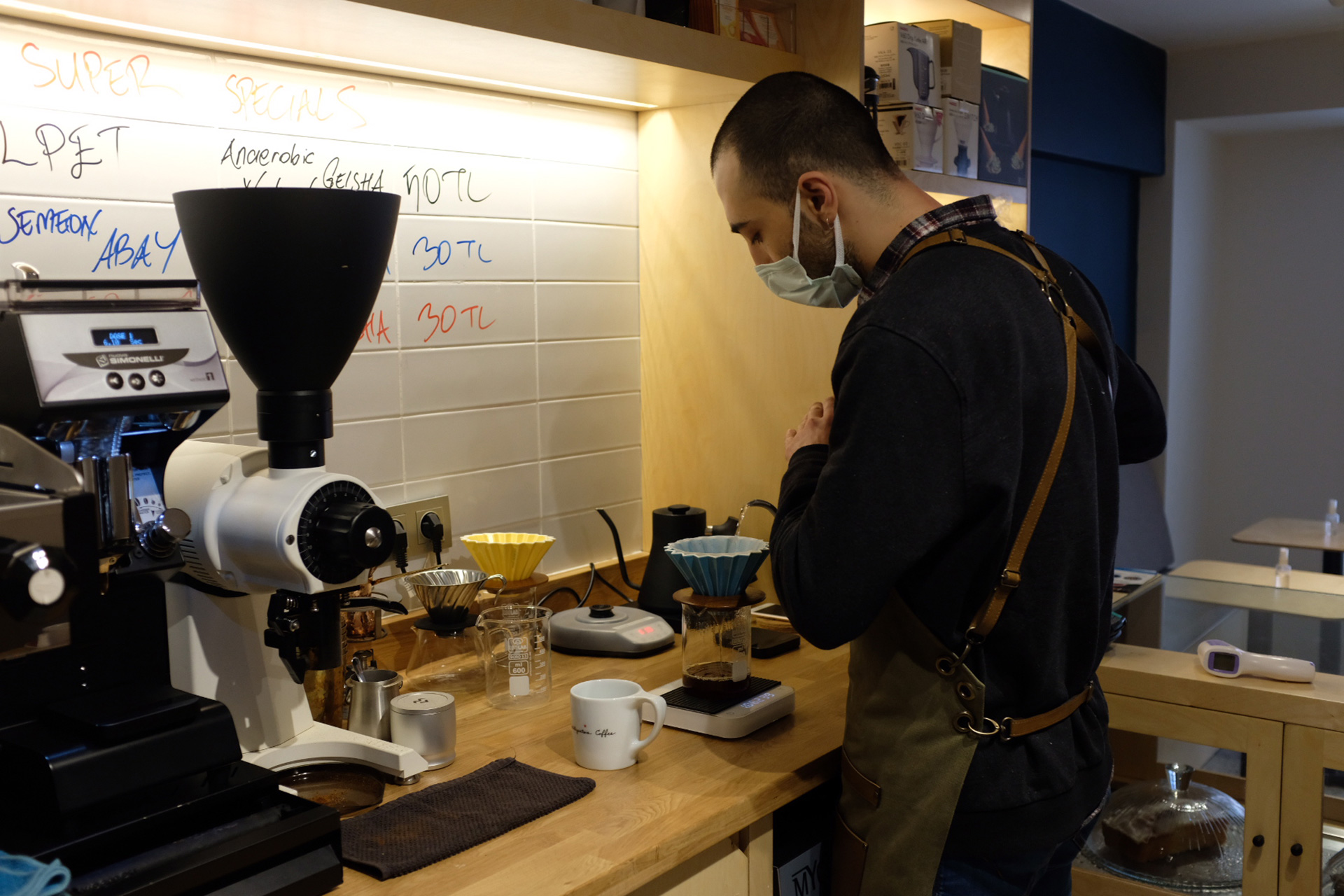
Ağca also hopes the cafe will also serve as a sort of advertisement for his SCA courses. Previously, Ağca operated a training lab in the Anatolian suburb Bostancı where he taught the barista skills and brewing courses in the SCA’s coffee skills program. With the opening of Fam, Ağca moved his training lab to the first floor located immediately above the cafe. Ağca is hopeful the central location will make his courses more accessible to a wider audience—a family he never would have had as a software engineer.
“I was writing code,” says Ağca. “I never thought I would open a coffee shop one day.”
Michael Butterworth is a coffee educator and consultant based in Istanbul, Turkey. Read more Michael Butterworth for Sprudge.





